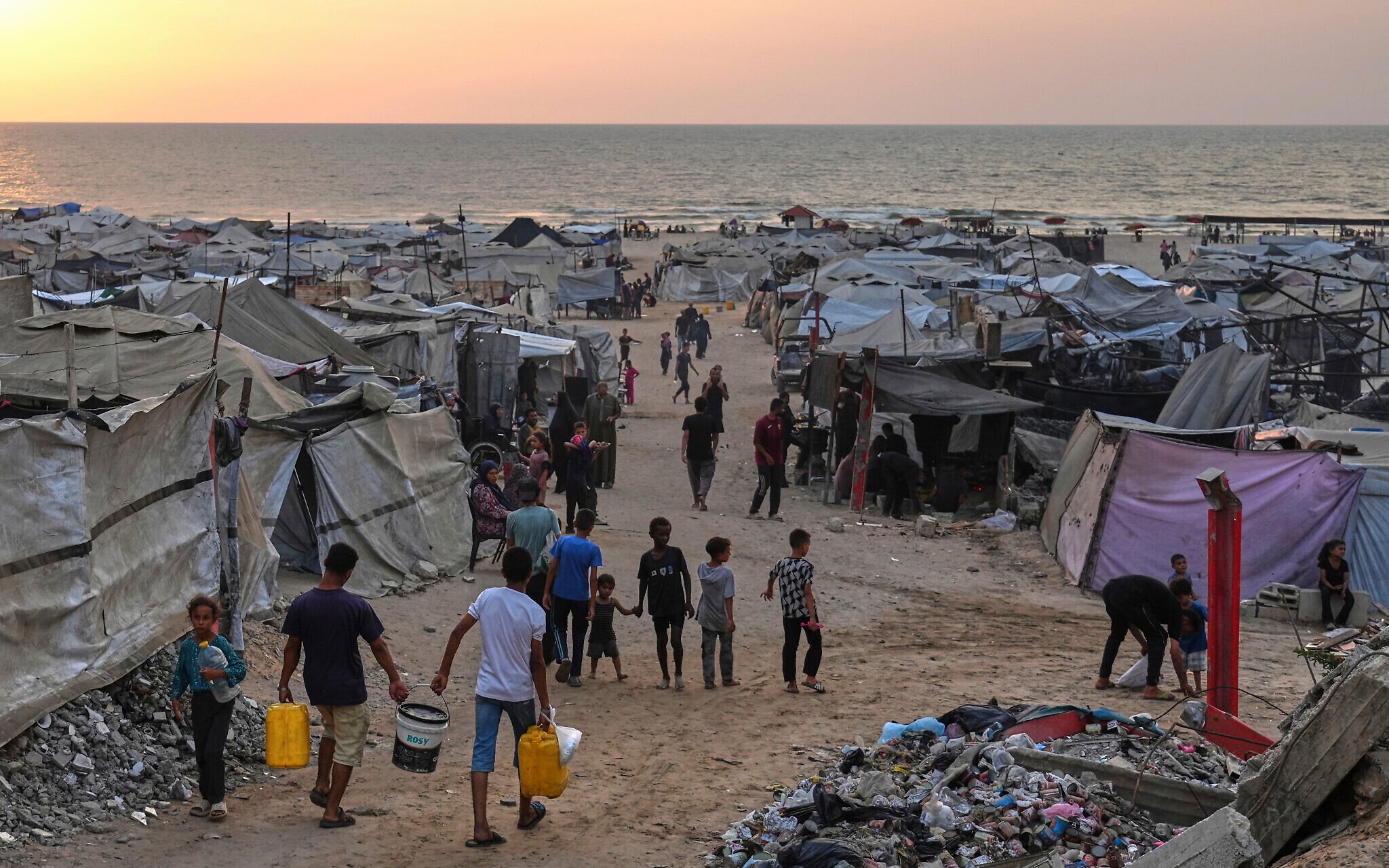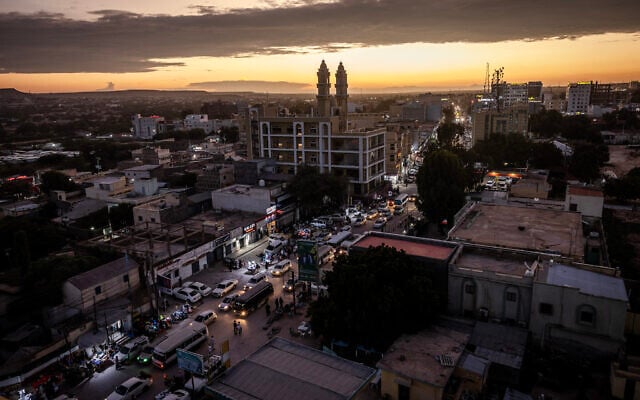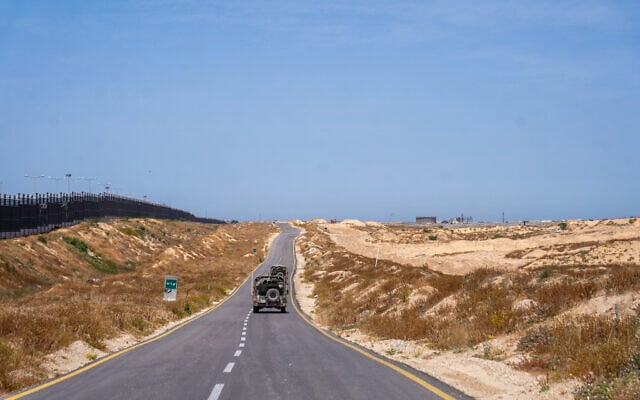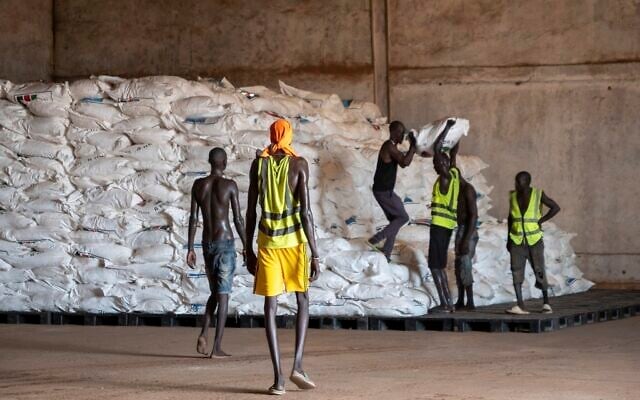



Israel is in talks with five countries or territories — Indonesia, Somaliland, Uganda, South Sudan and Libya — about potentially accepting resettled Palestinians from the Gaza Strip, Channel 12 reported Wednesday.
“Some of the countries are showing greater openness than before to accepting voluntary immigration from the Gaza Strip,” a diplomatic source told the outlet, naming Indonesia and Somaliland as particularly open to the idea. However, no concrete decisions have reportedly been made.
Somaliland is a breakaway region of Somalia that is reportedly hoping to secure international recognition through the deal.
The report came a day after The Associated Press reported that Israel had discussed resettling Gazans in South Sudan — an assertion the African nation’s government rejected Wednesday as “baseless” and not reflective of its official policy.
The AP said such talks were linked to a broader Israeli push to encourage mass emigration from Gaza during the ongoing war with Hamas.
On Wednesday, Deputy Foreign Minister Sharren Haskel announced on X that she had arrived in South Sudan, “the world’s youngest country,” as part of Israel’s first official delegation to the African nation.
In her post, Haskel said she met with South Sudanese President Salva Kiir Mayardit, Foreign Minister Monday Semaya Kumba and other officials, signed a diplomatic memorandum of understanding, and visited an Israeli trauma center that she said “saved dozens of children’s lives.”
In an interview with the i24News channel on Tuesday, Prime Minister Benjamin Netanyahu again voiced support for the mass emigration of Gazans — a policy endorsed by US President Donald Trump, who broached the idea of resettling Gaza’s population in February but appears to have backed away from it in recent months — saying Israel is in contact with “several countries” about absorbing displaced civilians from the war-torn territory.
“I think this is the most natural thing,” Netanyahu said. “All those who are concerned for the Palestinians and say they want to help the Palestinians should open their doors to them. What are you preaching to us for? We’re not pushing them out — we’re enabling them to leave… first of all, [leaving] combat zones, and also the Strip itself, if they want to.”
Pressed on why the process has not progressed, Netanyahu replied: “You need receiving countries. We are talking to several countries — I won’t detail them here.”
Palestinians, rights groups and much of the international community have rejected the relocation proposals as a blueprint for forcible expulsion in violation of international law.
For South Sudan, such a deal could help it build closer ties to Israel, now the almost unchallenged military power in the Middle East, as well as build a potential inroad to Trump.
Egypt is deeply opposed to plans to transfer Palestinians out of Gaza, with which it shares a border, fearing an influx of refugees into its own territory.
The AP previously reported on similar talks initiated by Israel and the US with Sudan and Somalia, countries that are also grappling with war and hunger, as well as Somaliland.
Many Palestinians might want to leave Gaza, at least temporarily, to escape the war and a hunger crisis allegedly bordering on famine, which Israel has rejected. But they have roundly rejected any permanent resettlement from what they see as an integral part of their national homeland.
They fear that Israel will never allow them to return, and that a mass departure would allow it to annex Gaza and reestablish Jewish settlements there, as called for by far-right ministers in the Israeli government.
Still, even those Palestinians who want to leave are unlikely to take their chances in South Sudan, among the world’s most unstable and conflict-ridden countries.
South Sudan has struggled to recover from a civil war that broke out after independence, and which killed nearly 400,000 people and plunged pockets of the country into famine. The oil-rich country is plagued by corruption and relies on international aid to help feed its 11 million people – a challenge that has only grown since the Trump administration made sweeping cuts to foreign assistance.
A peace deal reached seven years ago has been fragile and incomplete, and the threat of war returned when the main opposition leader was placed under house arrest this year.
Palestinians in particular could find themselves unwelcome. The long war for independence from Sudan pitted the mostly Christian and animist south against the predominantly Arab and Muslim north.



